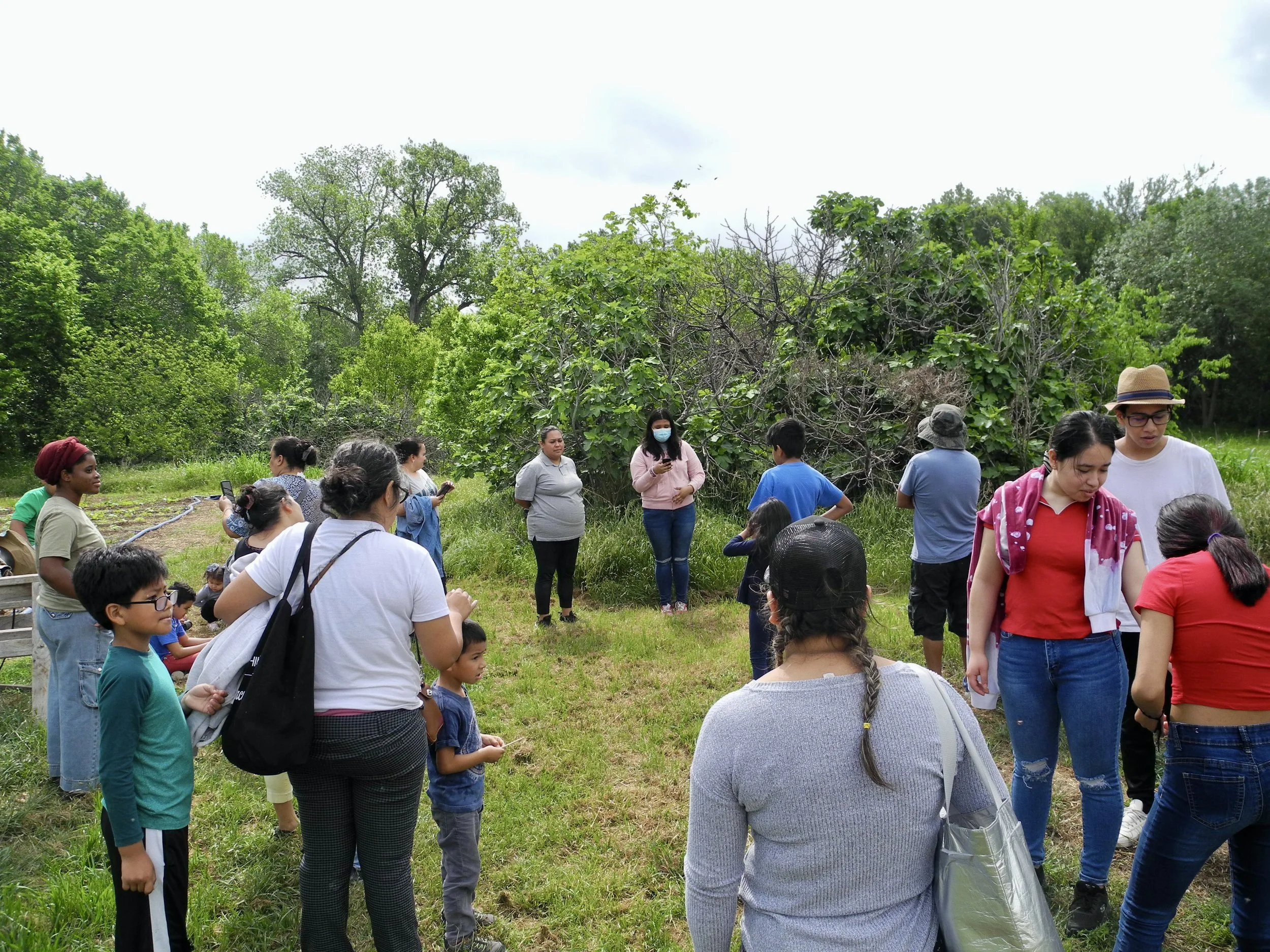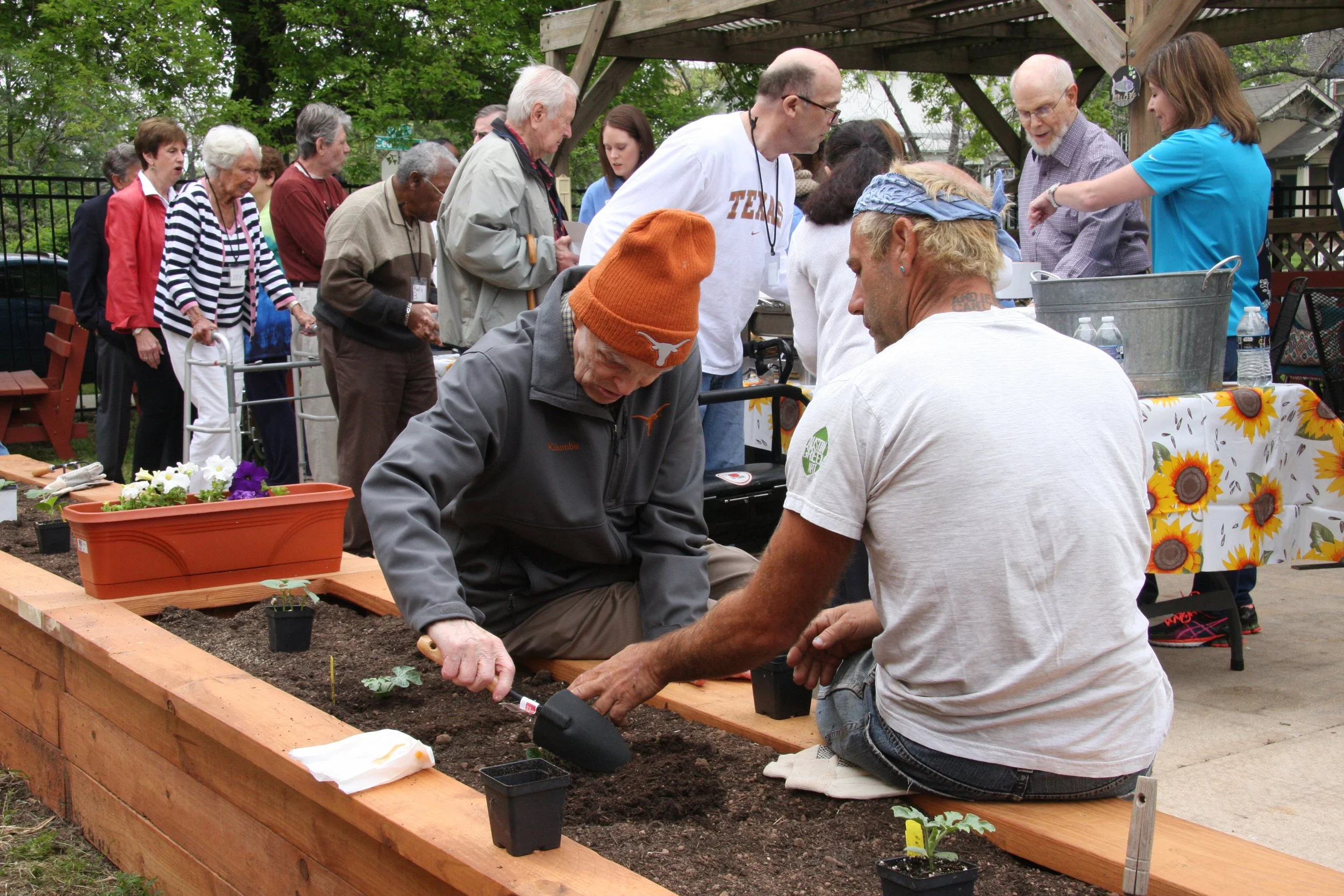Safety Net Clinics and More: The Priorities of a Top Texas Health Funder
/Rob Marmion/shutterstock
Even if the Affordable Care Act remains the law of the land, many poorer Americans will often still struggle to get the basic healthcare services they need—and especially in states like Texas, which never accepted federal funds to expand Medicaid coverage.
That's one reason why the St. David’s Foundation is such an important grantmaker in Central Texas. It has its eye out for vulnerable people who can't afford healthcare. The foundation recently announced over $33 million in grants, and $12 million of this amount is going to safety net clinics. These are the clinics open to low-income people when they need care and the healthcare system won’t help them.
Safety net grants aren’t all that uncommon in Texas, a state that has consistently lagged behind the rest of the country in the number of insured individuals and families. A range of funders worry about this problem and are doing something about it. But what St. David’s grants are notable for their sheer size. The foundation has lately distributed major grants to Lone Star Circle of Care ($5,135,283), People’s Community Clinic ($4,250,000) and El Buen Samaritano ($1,398,717).
“Having a ‘medical home’ is crucial to good health,” said Earl Maxwell, CEO of St. David’s Foundation, in a press release. “Knowing where you can go when you aren’t feeling well, and getting quality care—whether it is preventive, or when an illness or injury occurs, is essential to our community’s collective good health. By partnering with these hard-working clinics, we can better meet our mission to make Central Texas the healthiest community in the world.”
In addition to safety net clinics, other new St. David’s grants are going toward mental health. For example, mental health grants went to the Samaritan Center for Counseling and Pastoral Care, the Interagency Support Council of Eastern Williamson County, and Communities in Schools of Central Texas in the most recent grant cycle. While not often as big as those safety net grants, these mental health grants are largely funding school-based mental health services, especially in low-income and rural areas.
A third big issue for this funder is dental care for children and disadvantaged adults. As we've reported, this is a particularly acute challenge for low-income Americans across the United States. But again, when it comes to health, the situation tends to be even worse in Texas—so it's important that a funder of St. David's size is paying attention to dental needs. CommuniCare Health Centers, Health Alliances for Austin Musicians, and Manos de Cristo all received St. David's grants to provide dental care services. Last year, St. David’s dental program reached 64 schools, treated 10,940 patients, and provided $11.6 million in free dental services in the region.
But things are changing up a bit at the St. David’s Foundation, which has recently re-evaluated local needs and priorities to develop a revised giving strategy. Starting in the summer of 2017 and through 2019, St. David’s will invite proposals to align with its new strategies of Healthiest Care, Healthiest Places, and Healthiest People. Topics of interest in Central Texas include:
- Connection to specialty care
- Dental Health
- Healthcare workforce
- Insurance enrollment and use
- Strong safety net
- Access to healthy food
- Housing wrap-around services
- Opportunities to be active
- Rural communities
- Aging in place
- Childhood adversity
- Teen pregnancy prevention
- Women’s health
Nonprofits must be invited to submit a grant application to St. David’s. However, getting your idea in front of the foundation staff is as easy as sending a quick email over to the relevant program officer. Although there are a lot of health topics in the mix now, we don’t expect to see St. David’s safety net support waver in the upcoming cycles. Now is a critical time to fund services for the uninsured, so these are likely to be the largest grant contributions, with some spillover into other areas, too.







































